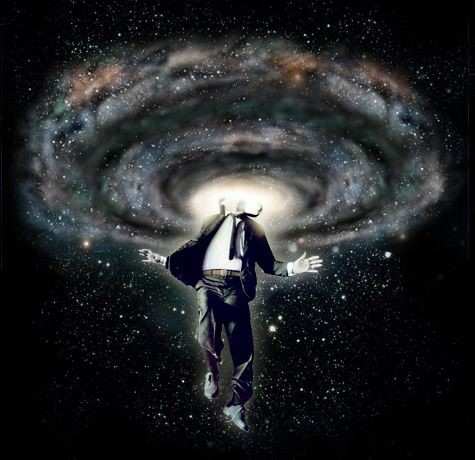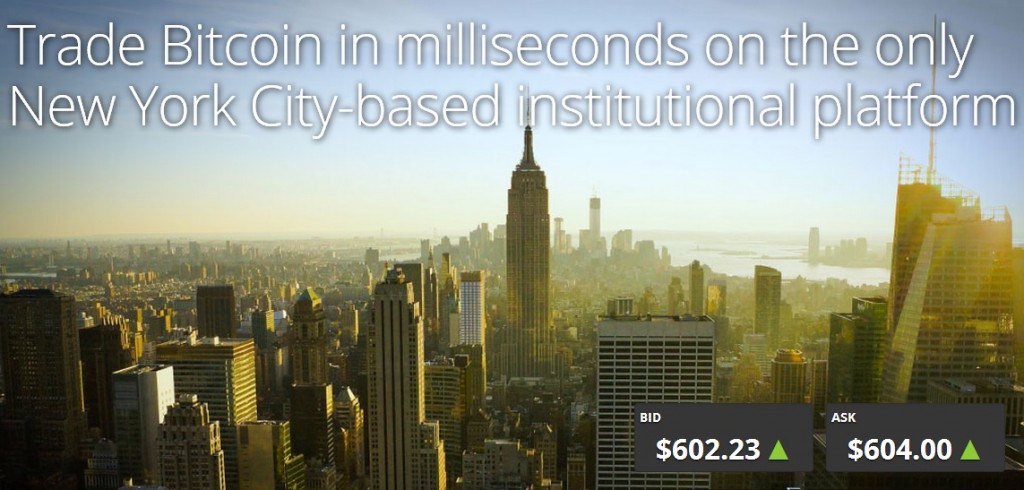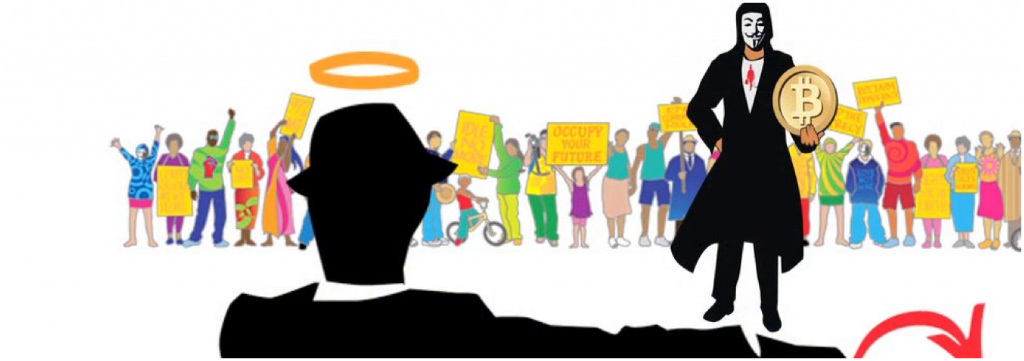If there is a villain to bitcoin, Mark Williams would likely be named. He infamously made the prediction, in December 2013, when he declared bitcoin was not an innovation but a “smoke and mirrors deception”. At the time, bitcoin was still trading near $1,000.00. He went on to predict that by mid-year 2014 the price of bitcoin would pop by 99% and be trading for less than $10.00. Bitcoin chaos ensued on the bitcoin forums.
The attention he suddenly received brought more attention from mainline news agencies. He didn’t seem to be promoting his new book: Longwood Covered Courts and The Rise of American Tennis. It strangely enough wasn’t found listed on the New York Times best seller section or Amazon.com, but if one was fascinated by the subject of covered tennis courts there may be a copy of it to be found here.
When not predicting bitcoin’s ill fate, his day job is teaching economy classes at Boston University where his former students gave him mixed reviews. This being the case, many in the bitcoin world have wondered, “What is in it for Mark Williams”? Some have theorized he was simply riding the popularity of bitcoin’s rise and found his dissenting words brought him sudden attention. Perhaps it was simply at this point in his career he longed to be… relevant.
For the few people in the world who are paying attention to bitcoin, many remain sidelined. They watch the battle of ideas and likely remain largely confused. Mr. Williams found himself providing quotes affirming many reporters’ confirmation bias against bitcoin. Financial experts were likely embarrassed to miss the call on bitcoin which they commonly referred to as the next beanie babies, or tulip bulbs but may go down as the biggest investment story of their lifetime. Rightfully, their clients and viewers may some day wonder…”How in the world did you miss that“? When the time comes for contract renewals and reviews they now have somebody in their back pockets to point their fingers at. Perhaps he’s been their naive “patsy” all along.
Exaggerations
Mr. Williams became a great example of a bitcoin antagonist. In front of cameras and reporters his exaggerated warnings about bitcoin were repeated and echoed by several news sources. His comments found their way into minds of investors who watch the financial news programs and read the websites. They listened to Mr. Williams’ radical rants about bitcoin being an Existential Threat to humanity. That particular phrase is usually reserved for nuclear, chemical, or biological weapons. His penchant for exaggeration didn’t stop there. In the Committee on Small Business hearing, he gave testimony that bitcoin’s price increase of 9,000% was never seen on this planet – or any planet. Quick, somebody get Carl Sagan on the line.
Some things he got wrong:
- He told only half the truth: He stated facts about merchants not being able to accept it because it was too volatile.
Retailers typically work on tight margins and the immense volatility of the e-currency could eliminate all their profit or even result in losses. In this bitcoin world of uncertainty and risk, commerce would ultimately decline and stone-age bartering would increase. “Naturally, as bitcoin price swings increased, the number of businesses willing to accept e-currency risk would decline”
He doesn’t admit that merchants sign up with payment processors like Coinbase and BitPay who convert the bitcoin to dollars immediately. He only admitted to these services in a Committee on Small Business hearing under further followup questioning later on.
- He stated that a computer program running a steady currency supply was “farcical”.
To assume currency can be computer generated, run in a decentralized manner and outside of the central banking system and controls is farcical and economically dangerous.
Many believe It was thinking like this that lead to the financial meltdown in 2007/2008. The advice from several financial experts stated that there was too much money in the system trying to find a home. (Literally and figuratively). Nobel Peace Prizewinner for economics Milton Friedman himself recommended using a currency system only needing a computer to control currency with mathematics. This would largely eliminate the need for a Federal Reserve. Not surprisingly, somebody working for the Fed would find this idea threatening to their “gravy train”, and therefore must be dismissed.
- He actually defends the current banking system of money transfer between banks that take three to five business days. He told the International Business Times:
“When we think about where eBay is right now, the backbone of PayPal is the ACH system, which is tried, true, and stable. When we compare that to bitcoin, it [bitcoin] isn’t stable.”
We see that banks are now rethinking the system of transfer that is still in use with technology dating from the 1970s – long before the internet. Perhaps the new payment train has already left the station with Williams still standing on the old banking rails.
4. He claims that 90% of bitcoin is hoarded. Although how he could possibly know dead bitcoin from those available for sale is still a mystery. He later admits we don’t even know who owns them. The bitcoin referenced could easily be “legally dead” on a long buried hard drive. There have been no reports of him with shovel-in-hand trying to recover them.
5. In his version of the world, central banks always know best. He’s a product of standard Keynesian economic thinking. This theory provides excuses for unlimited budget deficits and no debt ceilings. They essentially have no problem if debt is never to be repaid, or the debt becomes worthless through inflation.
For currency to be adopted as a medium of exchange there has to be trust in the ability to honor the underlying obligation and the ability for central banking policy to control inflation.
Even officials at the Federal Reserve realize the situation they’ve created is a ticking time bomb. We’ve seen this before…see socialism and the economic theory used by list of currencies that ended in hyperinflation and ruined currency systems.
He does not admit that most of the world remains unbanked and has been completely left out of the system. To these people, their countries’ central banks have already failed them. We can now see that other central banks have begun to shift their attitudes without first consulting with him. They don’t appear to share Williams view of impending doom. His screams of “The Sky Is Falling!” seem to be met with ambivalence from those same central bankers he appears to believe he is protecting. Cue the crickets.
Bitcoin community responds.
Many bitcoin fans have been waiting for the day to arrive for Williams to “eat crow” and admit he was wrong. Williams is now being referred to by some in the bitcoin community by the nickname “Professor Bitcorn”. A dedicated website was created and includes a real-time countdown for the expected final hour of his prediction (ending on July 1). The name “Bitcorn” that is referenced came from his miss-spoken word for bitcoin used in the hearing. Many bitcoiners have made unanswered wagers for Williams to put his money where his mouth is. If he was confident enough to meet these challenges and happened to be right, he might have some serious money on his hands.
South Carolina Representative Mulvaney puts it in perspective.
The silliness of his manic bitcoin predictions and declarations that bitcoin was in a massive bubble was summed up nicely by Representative Mulvaney at the Small Merchant hearing. He simply asked point blank: “So What”? (56:20 minute mark). To his point, who cares? He echoed what a lot of people were thinking; “Why was he raising such a fuss” ? Coinbase admitted their internet merchant penetration was still less than 1% of all internet merchants doing business. It also was just a blip on the screen for brick and mortar locations. Who exactly was Williams intending to help?
Williams stated that it would make a big difference for the 47 people who presumably owned 29% of all bitcoin. Forty. Seven. People. These were the same people he had just moments earlier emphatically accused of being “hoarders”. These were people that, if they still owned the private keys to access the bitcoin, bought or mined them for pennies or less. He also was rising to the defense of the people who owned the top 1,000 wallets containing the most bitcoin. His version of the Existential Threat of Earth had now boiled down to 1,000 people. These are people who likely heard the mantra to not invest into bitcoin more than they could afford to lose. They presumably knew the high risk for the possible high reward. It wasn’t immediately clear why he wasn’t making the same kind of effort for the victims of the estimated 190 billion in credit card fraud being conducted each year.
The fading relevance of Mark Williams.
The days are winding to a close for his prediction that we only note in this article because of the breathless headlines it took on six months ago. He has become quieter regarding bitcoin lately and the requests for his opinions seem to be fading. The world has seemingly moved on and ignored his dire predictions as new investments and start up businesses are buzzing with excitement and new jobs. Even his beloved Federal Reserve is recognizing the potential boom in global commerce. That must have stung. The results of his efforts being relevant in the world of digital currencies appears to be fading. History doesn’t look to be in his favor.
Williams may soon be joining the assembly of short-sided critics who scoffed at the Wright Brothers flying machine. Ben Franklin, Tomas Edison, and Einstein each had their cynics and disbelievers as well. Who were these skeptics? They are the forgotten, left in the dustbins of history and long since forgotten. The reward for being a critic or pessimists of grand ideas is negligible. Even if their prognostics are right it’s unlikely that anybody will be writing songs about them. His legacy might only be “road kill” as the bitcoin freight train races forward to its destiny and stops for no one.
It may soon be time to start a new timer countdown in honor of Mark T. Williams. This time we may appropriately set it for 15 minutes. That will be countdown of his last 15 minutes of fame believed by many as the time allotment of fame each of us are allowed in this world. Meanwhile, the creative geniuses that are now diligently creating bitcoin’s future will not slow down to reflect. They’ve got a new world in their imaginations for which they must prepare for us.

The post Time is Running Out for Mark Williams Prediction of a $10 Bitcoin appeared first on Bitcoin Magazine.

















